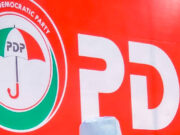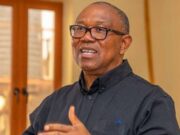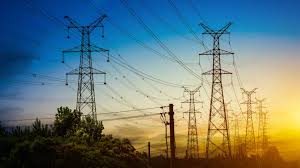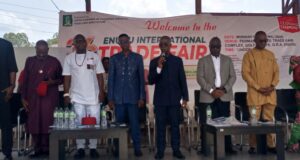The Manufacturers Association of Nigeria (MAN) has cautioned the Federal Government against increasing electricity tariffs, warning that such a move would hurt businesses, escalate production costs, worsen inflation, and force more companies to shut down.
Joining the opposition, the Trade Union Congress of Nigeria (TUC) also rejected the proposed 65 percent tariff hike, describing it as an additional burden on struggling Nigerians.
Meanwhile, the Kaduna State Government has stepped in to mediate an ongoing dispute between Kaduna Electric and its workers’ union, which led to a four-day blackout across the state and other areas within the company’s coverage.
Segun Ajayi-Kadir, Director-General of MAN, highlighted the critical role of electricity in manufacturing, stating that frequent tariff increases have hindered industrial growth.
He argued that sustainable and affordable energy is essential for large-scale production and competitiveness.
Ajayi-Kadir criticized Nigeria’s power sector privatization, initiated in 2013 to boost electricity supply, stating that it has failed to deliver results.
He attributed this failure to the lack of technical and financial capacity among operators.
“The installed capacity has remained at around 10,000 megawatts, yet it is not fully utilized due to inefficiencies in the Generation Companies (GenCos) and Distribution Companies (DisCos),” he noted.
Despite an unreliable power supply, MAN observed that electricity tariffs have consistently increased without improvements in service delivery.
According to the National Bureau of Statistics (NBS), electricity generation declined from 5,909.83 GWh in Q2 2023 to 5,612.52 GWh in Q2 2024, even after a 230 percent tariff hike, marking a 5.03 percent year-on-year drop.
Ajayi-Kadir stressed that Nigeria needs at least 30,000MW of electricity to meet industrial and household demands, far above the current daily average of 4,000MW.
He warned that continuous tariff hikes force consumers to bear the cost of inefficiencies in the power sector.
“Manufacturers are already struggling, and these increases cannot be passed on to consumers who are facing declining purchasing power,” he said.
MAN urged the government to halt further tariff increases and instead evaluate DisCos’ performance, assess the impact of previous hikes on industries, and audit their investments in power infrastructure.
Following its Q1 2025 National Administrative Council (NAC) meeting in Abuja, the TUC strongly opposed the proposed electricity tariff increase.
TUC President, Festus Osifo, denounced the plan as “economic oppression,” arguing that Nigerians are already suffering from previous tariff hikes.
“It is shocking that the government is considering another increase when citizens are already struggling under unbearable economic conditions,” Osifo said.
In Kaduna, the state government intervened in an industrial dispute between Kaduna Electric and the National Union of Electricity Employees (NUEE), which resulted in a prolonged blackout.
Deputy Governor Hadiza Balarabe met with representatives of both parties at Sir Kashim Ibrahim Government House, urging a swift resolution.
“We implore you to resolve this dispute quickly. The people of Kaduna are suffering, and the outage is affecting homes, businesses, and security,” she pleaded.
NUEE’s National Vice President (Distribution), Wisdom Nwachukwu, clarified that the union was not opposing staff downsizing but demanded proper procedures and full compensation for affected workers.
Kaduna Electric’s Managing Director, Umar Hashidu, defended the decision to lay off 444 employees, citing financial struggles.
“We had to make this move to ensure the company’s survival. We cannot continue operating at a loss,” Hashidu stated.
With negotiations ongoing, Kaduna residents hope for a resolution that restores power supply while addressing the concerns of both workers and the electricity provider.

















